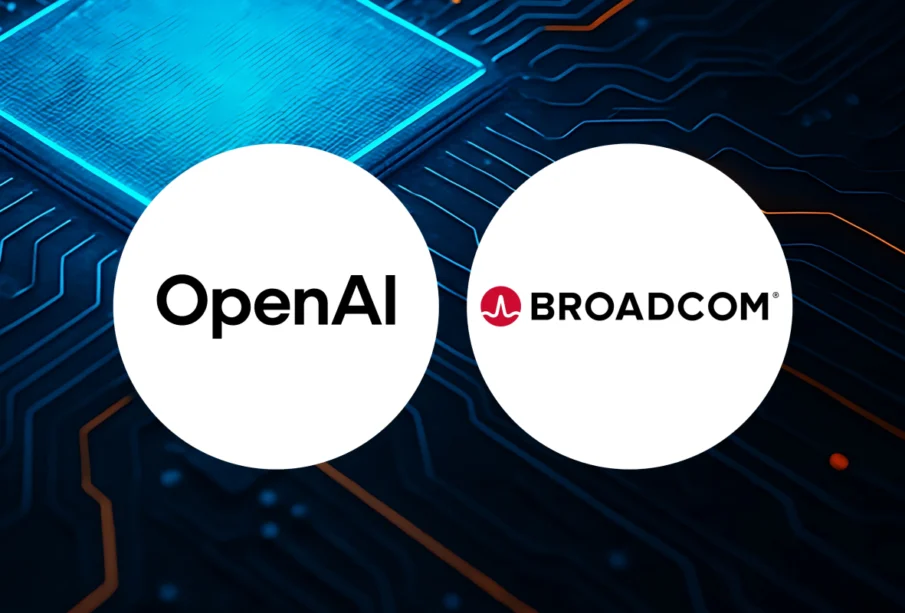In a major step toward hardware independence, OpenAI has announced a strategic partnership with Broadcom to design and develop its first dedicated AI processor. The move marks a significant milestone in the company’s long-term strategy to reduce reliance on third-party suppliers such as NVIDIA while optimizing its infrastructure for next-generation AI workloads.
Strengthening AI Hardware Ecosystem
The collaboration underscores OpenAI’s growing ambition to vertically integrate its technology — from its GPT models and enterprise APIs to the chips that power them. This integration will enable tighter control over performance, scalability, and cost efficiency as global demand for AI computing continues to rise exponentially.
According to industry sources, Broadcom will serve as OpenAI’s primary silicon design and manufacturing partner, leveraging its expertise in custom ASIC (Application-Specific Integrated Circuit) development and advanced semiconductor engineering. The new processor will be tailored for high-performance training and inference operations that underpin OpenAI’s most complex generative AI systems.
Reducing Dependence on NVIDIA
Currently, OpenAI depends heavily on NVIDIA’s H100 and A100 GPUs for AI training, but rising costs and limited availability have made it difficult to scale efficiently. Developing a proprietary AI chip could dramatically lower operational expenses while giving OpenAI the ability to fine-tune power efficiency and computational output to suit its specific model architectures.
Following a Proven Silicon Strategy
Industry analysts compare this move to strategies employed by Google and Amazon, which developed their own custom AI chips — the Tensor Processing Unit (TPU) and Inferentia/Trainium — to improve performance and control within their AI ecosystems. By taking a similar route, OpenAI joins a select group of tech companies investing in specialized hardware to power large-scale AI innovation.
Broadcom’s Expertise and Timeline
Broadcom’s extensive experience in high-performance chip design, packaging, and integration makes it a natural choice for the collaboration. The project is currently in the early design and testing phase, with initial prototypes expected in 2026. Once production-ready, OpenAI’s chips could be deployed across its global data centers to support ChatGPT, enterprise tools, and API-driven services.
Reshaping the AI Industry
This partnership signals a growing trend in the AI industry, where software leaders are increasingly seeking hardware independence to achieve greater efficiency and innovation. For OpenAI, the Broadcom collaboration represents more than a cost-saving measure — it’s a strategic step toward building a fully integrated AI technology stack.
If successful, OpenAI’s Broadcom-powered AI processor could redefine the company’s operational capabilities, paving the way for faster innovation and reinforcing its leadership in the global AI race.

